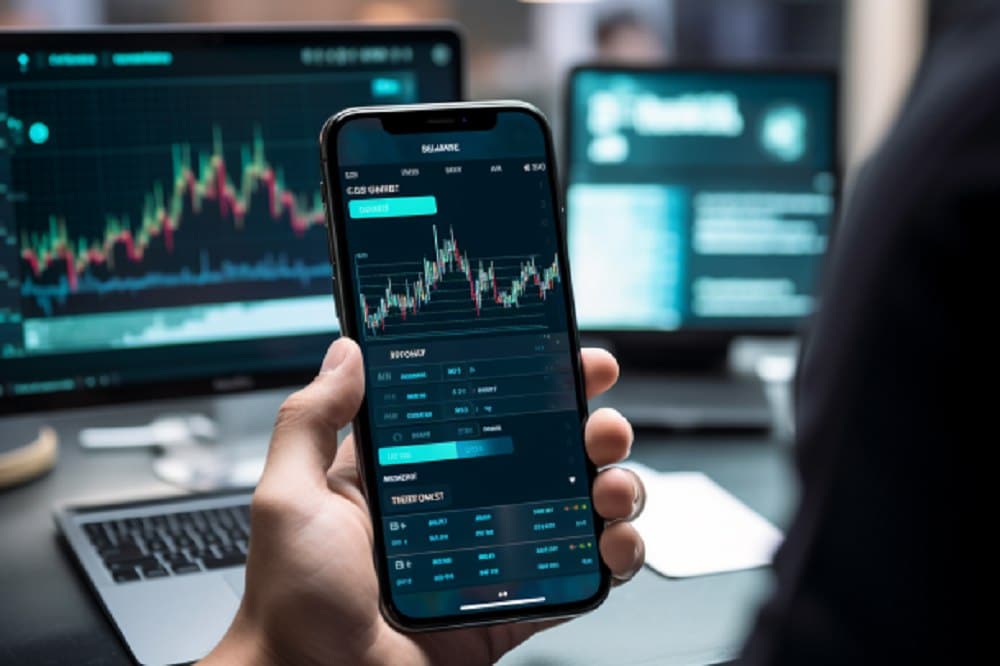A prediction market is a financial marketplace in which people speculate on the result of all events, purchasing and selling shares representing the possibility of specific outcomes. For instance, the Polymarket prediction market allows people to purchase and sell contracts or shares in sports games, political elections, and outcomes in musical awards ceremonies.
The prediction markets entail significant numbers of professional, methodical analysts actively speculating on major events’ outcomes. Hence, they might have a use case in showing public opinion.
Predictive Markets’ Historical Backgrounds
Predictive markets date back to at least the 1500s when people speculated on the results of papal elections. Wall Street has been betting on political elections since at least the 1800s, with proof of predictive markets speculating on elections in the UK and Canada during that time. Currently, these markets’ nature has become considerably intricate.
How Do Prediction Markets Function?
A prediction market permits users to purchase a contact or share representing an outcome. A market will comprise a particular group of events with two or several outcomes that users can trade on.
For instance, a market may forecast an election’s results with two probable results. It will open with contracts available for purchase backing the success of either contestant, and the shares may start trading at equivalent values.
Hence, a win for Candidate A will have numerous contracts valued at, for instance, $0.50. A win for Candidate B might have a similar amount of contacts at a similar price.
As users start trading the contracts, the value swings in one direction or another, showing the speculating crowd’s sentiment. Besides, it offers observers a perspective of what the market believes will happen.
Different from a conventional bookmarker that provides odds on these events, a prediction market users can swing trade contracts. They can also take profits or hedge losses at set points across the event’s lifecycle.
In crypto, the markets primarily utilize a hybrid decentralization model. The platform’s staff decides the events being traded, while the community offers liquidity to the market.
Types of Prediction Markets
Fixed Odds Betting
Users place bets and cannot trade or sell their contracts. The payout is evaluated based on where bets are placed.
Continuous Double Auction (CDA)
CDA market permits users to purchase and sell orders at any instance, facilitating arbitrage and swing trading of contracts up to the end of the event.
Automated Market Maker (AMM)
They utilize algorithms to offer liquidity and automatically set prices based on contracts’ demand and supply. Besides, they are more decentralized compared to crypto prediction markets such as Polymarket.
Parimutuel Markets
They pool bets together and evaluate the payout odds based on the distribution of bets across various outcomes. Winners share the ultimate earnings.
Types of Contracts Available on Prediction Markets
Binary Outcomes
This is the most straightforward kind of contract or market on a prediction market.
Categorical Markets
They have several potential outcomes instead of a simple yes or no.
Scalar Markets
They offer nonstop outcomes within a range.
Best Crypto Prediction Markets in 2024 and Beyond
Polymarket
This crypto prediction market is developed on the Polygon and Ethereum blockchain networks and interfaces with Web2. The polymarket allows the users to trade contracts in USDC stablecoins. Currently, Polymarket ranks as the largest prediction market by trading volume.
Augur
The wholly decentralized predictions market on the Ethereum market runs programmatically. This means it involves minimal to no human oversight.
Smart contracts read oracles, autonomous tools that feed news and market data to the contracts. This aids in determining an event’s outcome to pay out winnings.
Zeitgeist
It is developed on the Kusama network, and users can leverage its various betting models. Similar to Augur, the platform utilizes real-time oracles to feed live information to pre-programmed smart contracts.
Will Crypto Prediction Markets Be Priced In?
Crypto prediction markets have gone unnoticed for some time, mostly permitting a niche community to leverage the alleged ‘wisdom of the crowd.’
Nevertheless, the recent publicity has caused significant changes, with mainstream investment and high trading volumes taking control.
It will be interesting to witness if prediction markets become a major indicator for forecasting crypto processes in institutional and retail markets.

